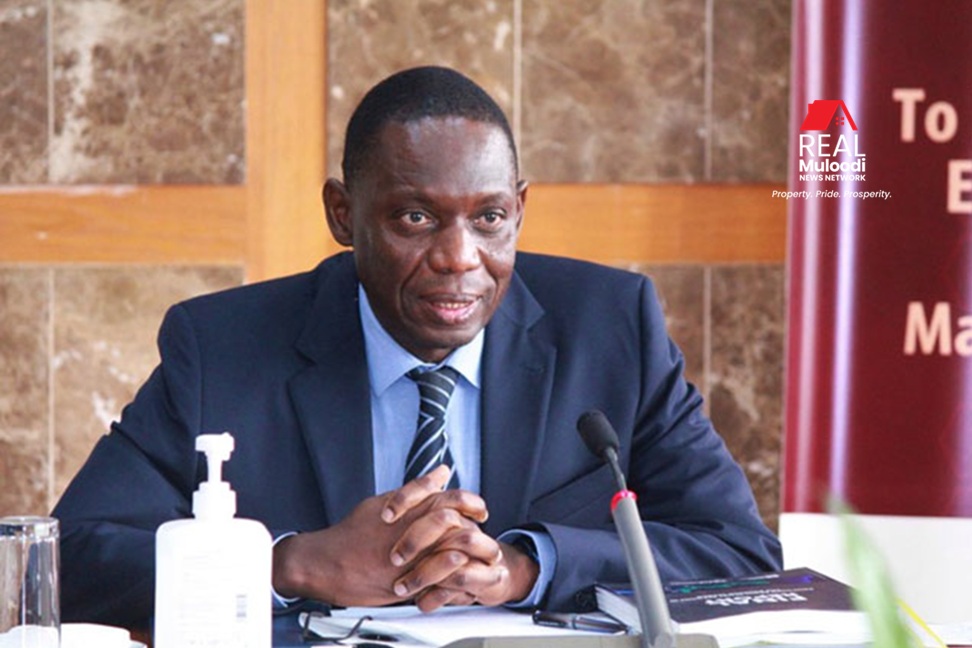UGANDA, Kampala | Real Muloodi News | The Bank of Uganda (BoU) has made a significant move to address inflation concerns by increasing its Central Bank Policy Rate (CBR) to 10.25 per cent. This decision announced recently, aims to manage the anticipated rise in inflation and interest rates while ensuring stability in the foreign exchange market.
The Central Bank Rate (CBR) serves as a crucial tool for implementing monetary policy, reflecting the central bank’s stance on economic conditions.
BoU adjusts the CBR based on prevailing economic factors to influence lending rates in commercial banks. A higher CBR typically results in increased lending rates, affecting borrowing costs for businesses and consumers.
BoU’s decision to raise the CBR to 10.25 per cent reflects its commitment to containing inflation and maintaining economic stability.
Dr Michael Atingi-Ego, Deputy Governor of BoU, emphasised the need to anchor inflation around the medium-term target of 5 per cent.
He highlighted the balance between controlling inflation and supporting sustainable economic growth, essential for Uganda’s socioeconomic transformation.
Dr. Atingi-Ego stated, “The MPC stands prepared to respond to any materialisation of the identified risks.” This proactive approach underscores BoU’s commitment to addressing economic challenges promptly.
Despite a slight decrease in annual headline inflation to 3.3 per cent, persistent upside risks to inflation remain a concern.
Factors such as exchange rate fluctuations, supply-side shocks, and global inflation trends continue to influence Uganda’s inflationary environment.
Dr Atingi-Ego warned of potential geopolitical tensions, energy price hikes, and tighter global financial conditions that could impact inflation rates adversely.
The recent CBR adjustments have had notable effects on the exchange rate and economic outlook. Dr Atingi-Ego observed a stabilising effect on the shilling exchange rate following the rate increase.
However, vulnerabilities persist due to short-term foreign investment outflows and strong domestic demand.
Regarding economic growth, while Uganda’s economy remains resilient, high-frequency indicators suggest a slight downturn in near-term growth prospects.
Uncertainty in the global economic outlook, coupled with currency depreciation and tight financial conditions, could dampen domestic demand.
Dr Adam Mugume, Executive Director of Research at BoU, highlighted the impact of fiscal and monetary policies on aggregate demand in the economy.
Reduced government expenditure in recent quarters, coupled with slow private credit growth, reflects the effects of tight fiscal and monetary measures.
Dr. Mugume emphasised the need for a balanced approach to support economic recovery while managing inflationary pressures.
Despite short-term challenges, economic growth forecasts for FY 2023/2024 hover around 6 per cent, with subsequent years expected to range between 5.5 per cent and 6.5 per cent.
However, growth projections for 2024/2025 have been revised downward from 7 per cent due to external and internal factors.
Looking ahead, BoU remains vigilant in monitoring economic indicators and adjusting monetary policies as needed.
READ MORE LIKE THIS:
Uganda Shilling Depreciation: Implications and Economic Trends
Local Governments to Collect USh1 Trillion in Revenue by 2026



